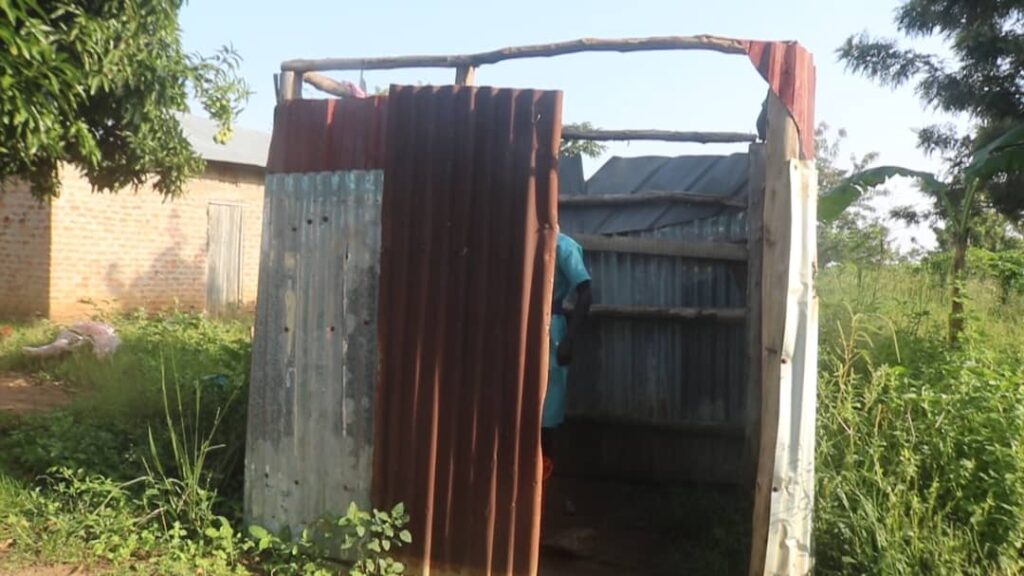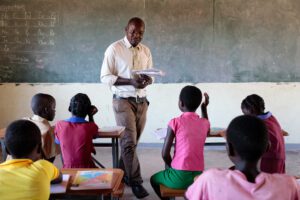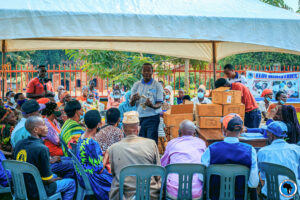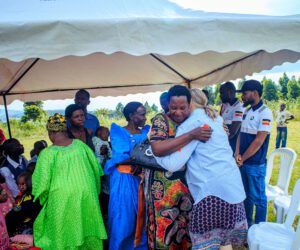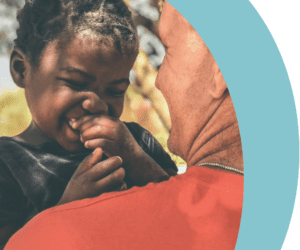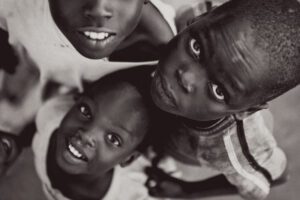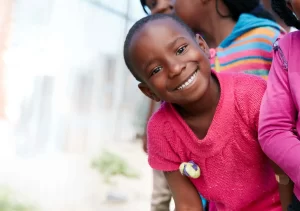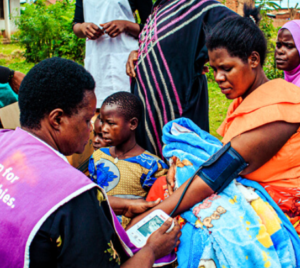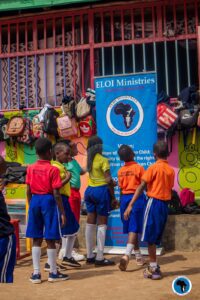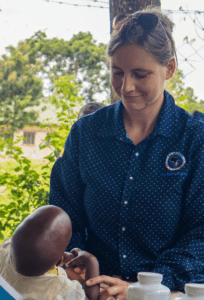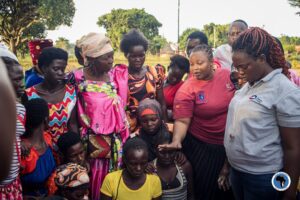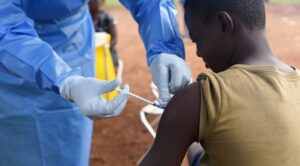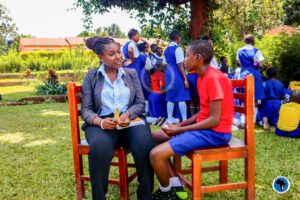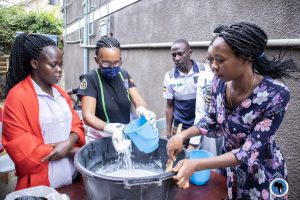EDUCATION–>
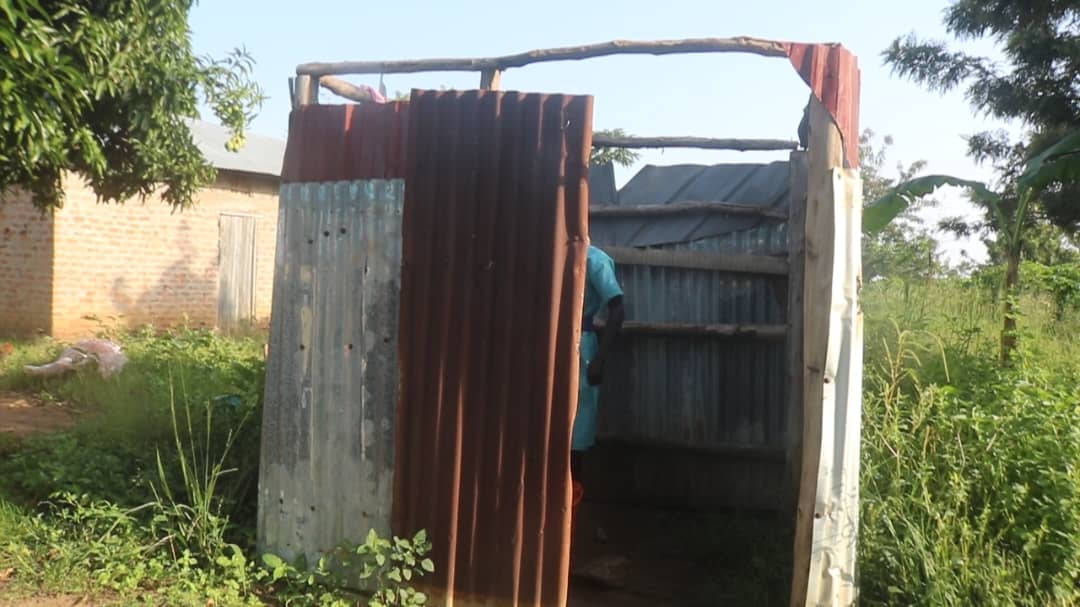
In the Teso and Karamoja sub-regions, menstrual health and hygiene (MHH) challenges continue to keep girls out of school, contributing significantly to high dropout rates.
Despite commitments from various partners and the recognition of MHH as a fundamental human right, access to essential menstrual products and services remains severely lacking, adversely impacting the lives of women and girls.
Temele and Angorom primary schools in Kuju Subcounty, Amuria District, are among the schools in Teso actively pushing for better menstrual health and hygiene.
According to Ms Christine Iganyo, the senior woman teacher, handling menstrual health-related challenges is not easy, and girls need support in various areas.
“The schools have now resorted to providing reusable pads, soap, and mattresses to support girls during their menstrual cycles,” Ms Iganyo said.
Despite these efforts, menstrual hygiene remains a significant challenge in the two sub-regions, often contributing to the high school dropout rate.
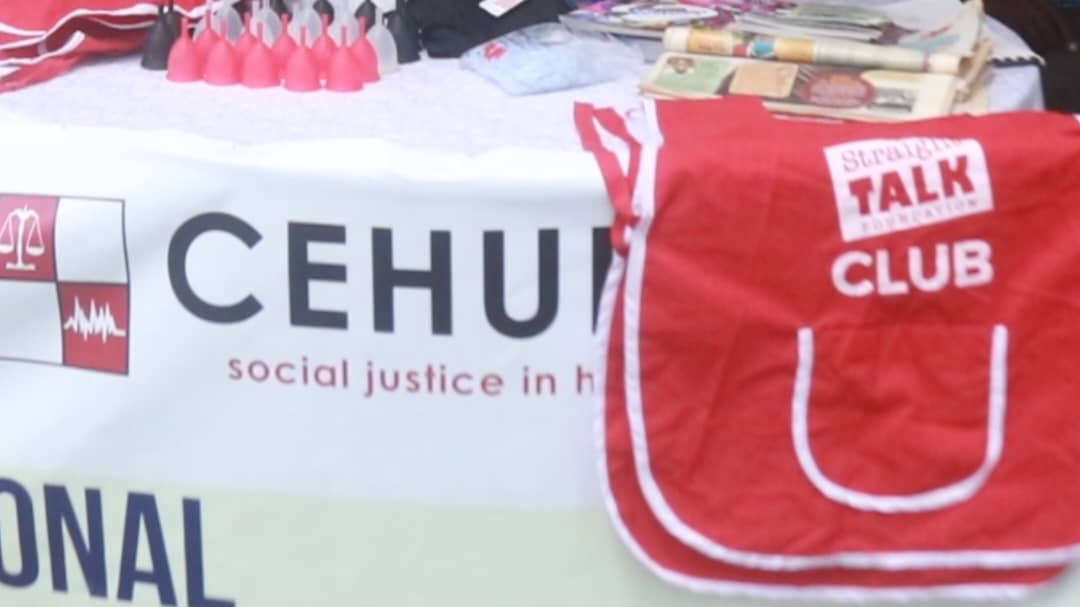
Girls frequently cite long distances to water sources, lack of access to menstrual products, the absence of safe spaces for changing, and cultural myths surrounding menstruation as major obstacles.
Ms Rodah Akello, the Amuria district community development officer, notes that a number of factor are contributing to this .
“Economic hardship and lack of information exacerbate the challenges, particularly for marginalised groups,” she says.
“Poverty limits women and girls’ ability to access information and healthcare.”
The situation is not any different in Katakwi District. Ms Betty Angiro, senior probation officer and district community development officer, highlights a concerning lack of attention given to menstrual hygiene.
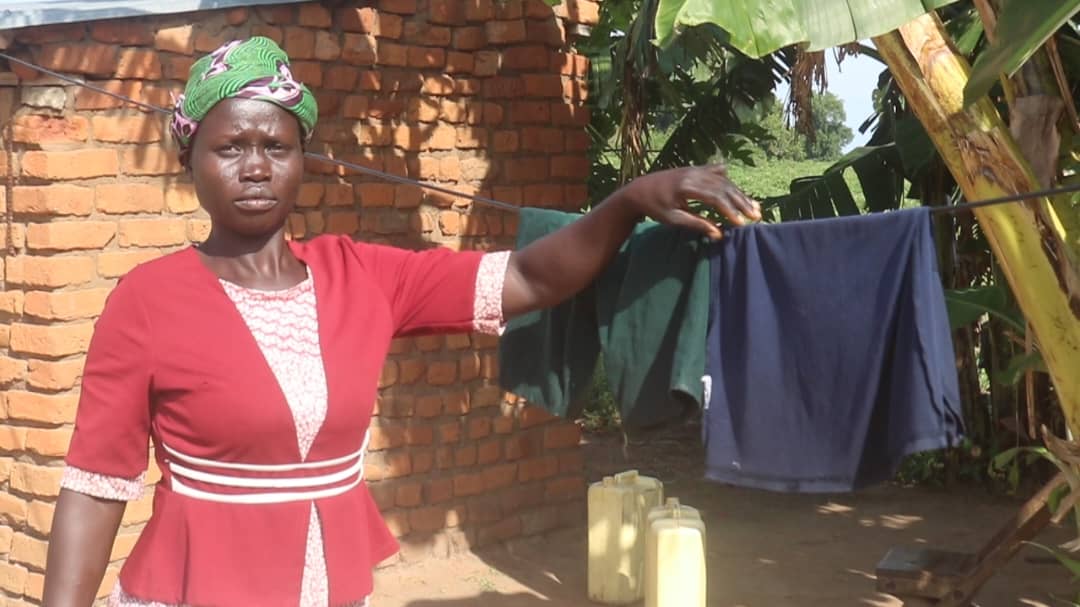
“There is a concerning lack of attention to menstrual hygiene, especially among young girls and mothers. Many believe it should not be discussed openly, which only adds to the problem,” Ms Angiro says.
Ms Joce Akello, a resident of Apeleun in Magoro Subxounty, struggles to access affordable menstrual materials, highlighting the urgent need for reduced prices and better availability.
But to Mr Fred Opolot, health educator, there is aneed to address myth and information gap.
“Poverty, lack of information, and lack of support from male partners are significant challenges facing girls and women in the community,” he says.
Mr Robert Olanya, coordinator for Straight Talk in Karamoja, says despite interventions, menstrual hygiene remains a significant challenge due to limited access to water, cultural dynamics, and stigma, denying girls the opportunity to address their menstrual needs.
The recent report by CEHURD, KIFAD, and the Straight Talk Foundation, women and girls in these areas face multiple hurdles.
Stakeholders are calling for policies that provide subsidies for menstrual products and promote safe and clean water.
Additionally, all schools should have safe spaces for girls to manage their periods without stigma.
Joseph Mulinde, an official from the Kiyita Family Alliance for Development (KIFAD), says the situation calls for a policy that provides subsidies.
“Stakeholders are calling for a policy that provides subsidies for menstrual products and promotes safe and clean water,” Mr Mulinde says.
He said in the ‘Grown Together’ project, partners and stakeholders are championing advocacy on menstrual hygiene.
Together, these efforts aim to support girls and address the challenges surrounding menstrual health, ensuring they can stay in school and thrive without shame or stigma.
Ms Noor Nakibuuka Musisi, the deputy executive director of the Centre for Health, Human Rights, and Development CEHURD, said despite efforts to promote menstrual hygiene, several questions remain unanswered.
Uganda’s policies, such as the 2014 National Strategy for Girl Education and Menstrual Hygiene, are outdated and require urgent revision.
“Despite efforts to promote menstrual hygiene, several questions remain unanswered. Uganda’s policies are outdated and require revision,” Ms Nakibuuka said.
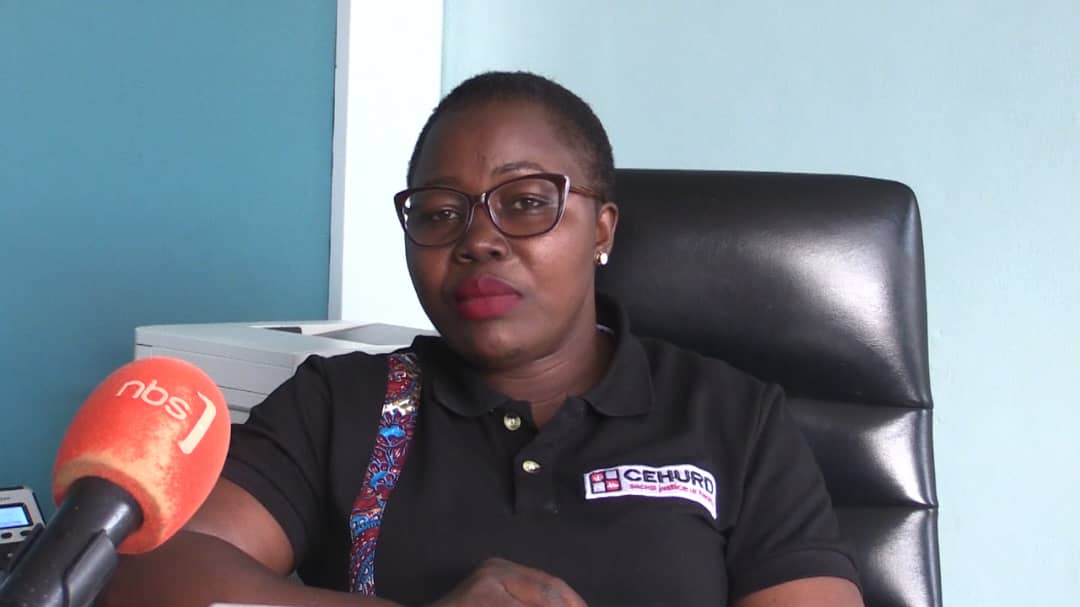
However, Members of Parliament from some of the affected areas have called for a special grant to support girls and the elderly in accessing menstrual hygiene products.
Mr Christopher Komakech, the Aruu County MP, and Faith Nakut Loru Chuna, the Napak Woman MP, are among those calling for special grant.
“A special grant is needed to support girls and the elderly in accessing menstrual hygiene products.no body has ever bothered to support girls,” Ma Nakut said.
Efforts to improve menstrual health and hygiene in Teso and Karamoja are crucial to ensuring that girls can continue their education and lead healthier, more dignified lives.
The call for action is clear: stakeholders must work together to provide the necessary resources and support to overcome these challenges.
Author:: Bagombeka Job

